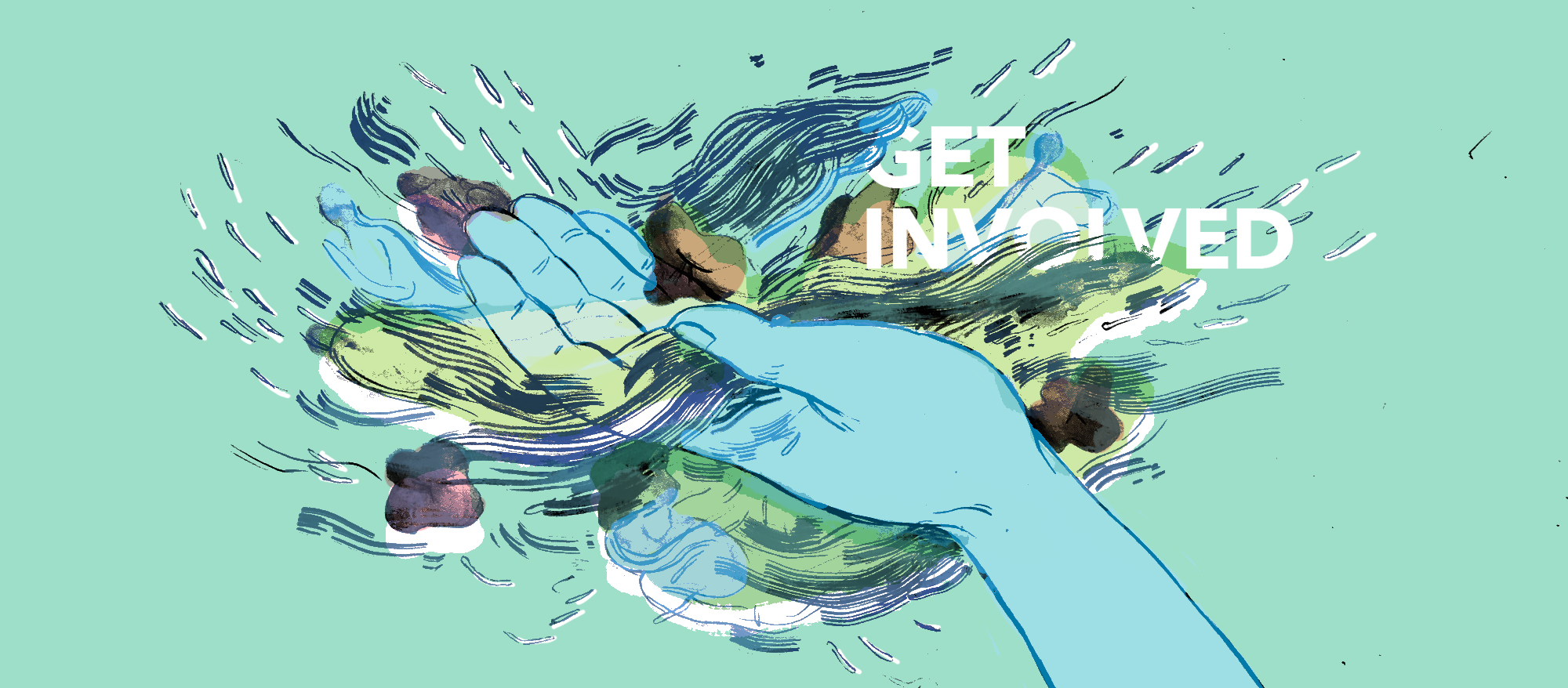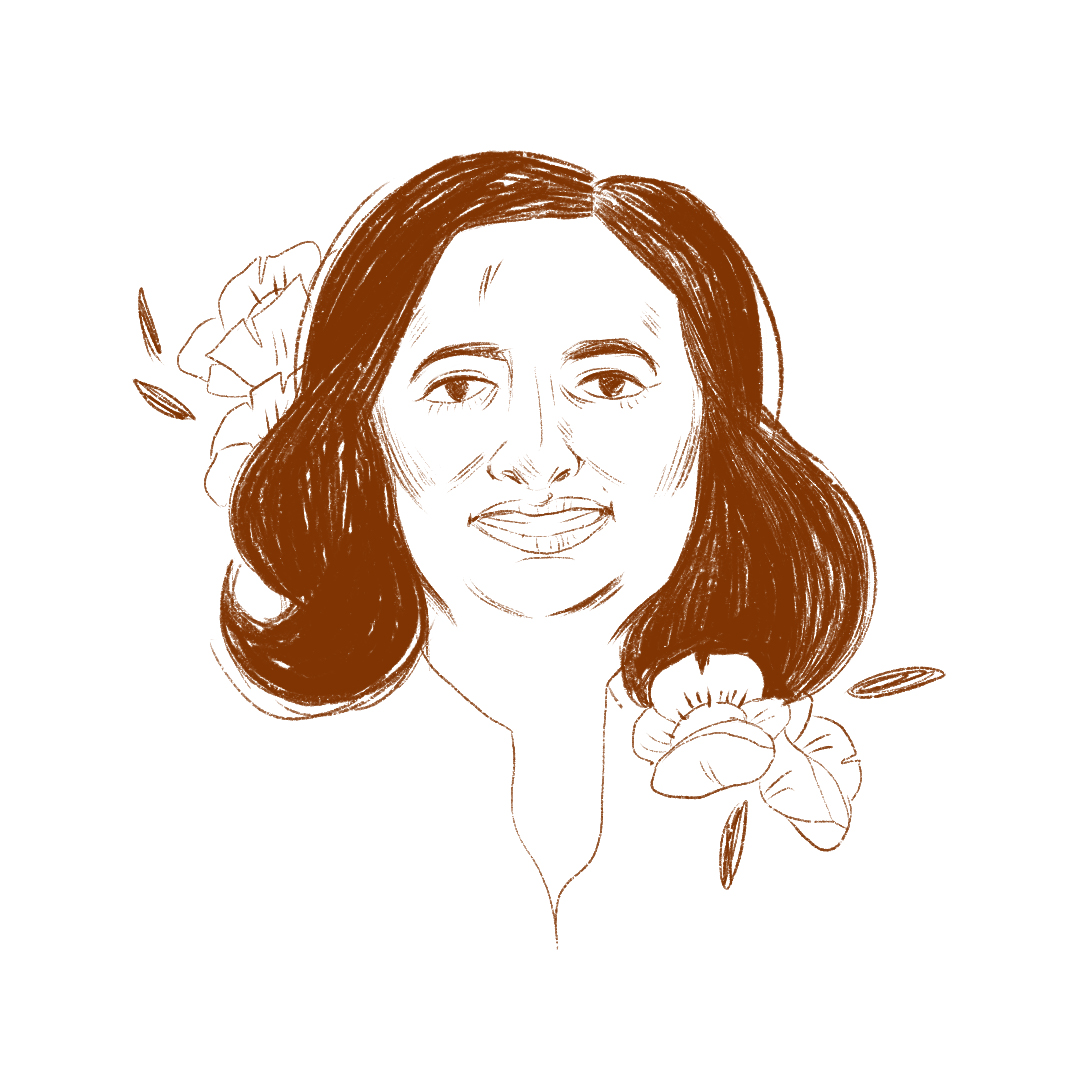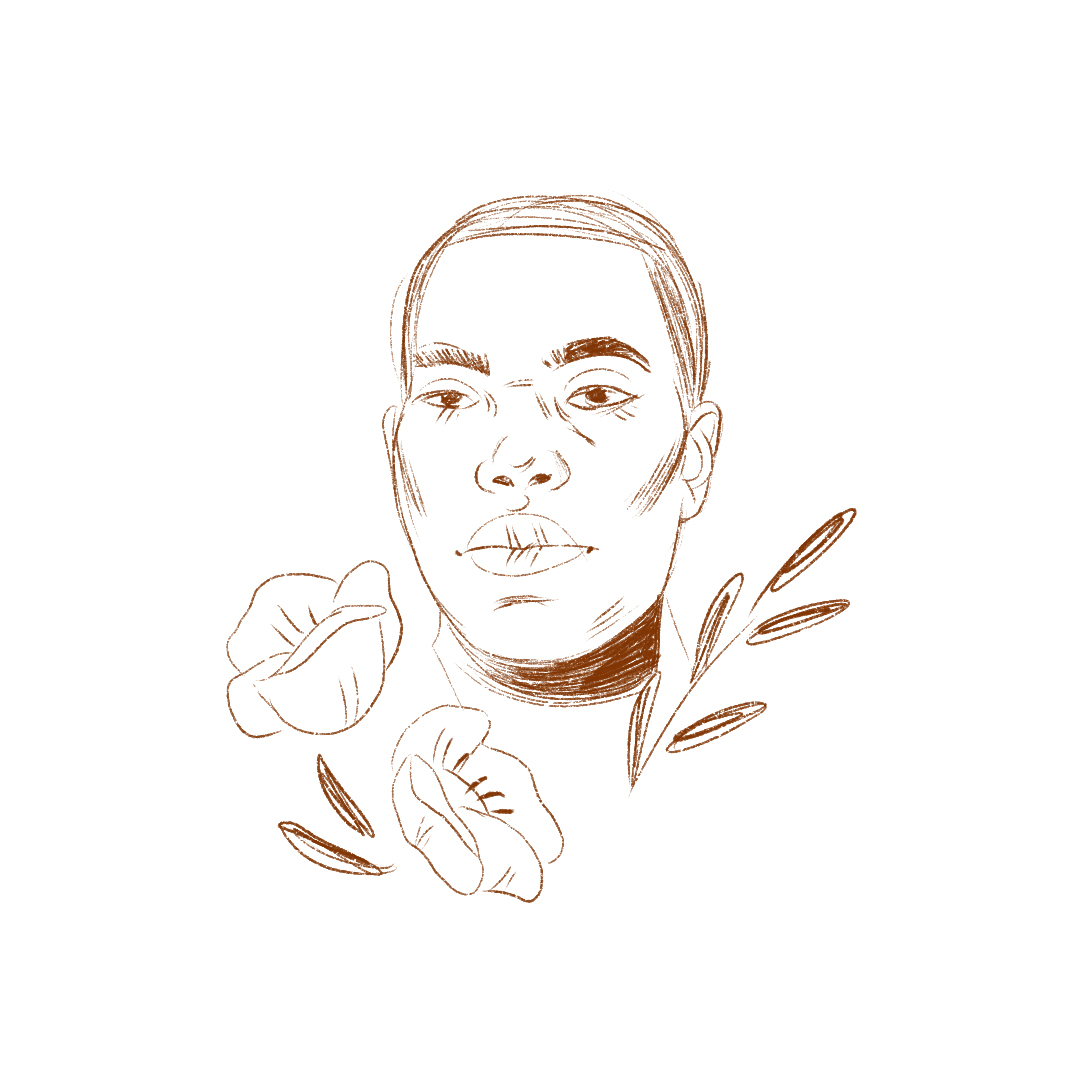10 Civil Rights Advocates in the Modern Era
Two weeks ago I emailed my company’s Human Resources department with a paid time off request for January 15 (aka, today). I received a response almost immediately: "Monday is actually MLK day, a company paid holiday, so you already have the day off!”
I was mortified. If my father knew I forgot Martin Luther King Jr. day he may have disowned me. As an African-American, there are few dates/years you must commit to memory: Juneteenth, the passing of the Civil Rights Act(s), the passing of the Voting Acts, Barack Obama’s nomination/inauguration, and, of course, MLK day.
you may also like…
Get Involved: Ways to help in various civil rights causes
I am sure you know MLK was integral to the Civil Rights movement. In the 50s and 60s he became the predominant leader and speaker for the Civil Rights Movement. His work, and that of many other advocates, lead to the dismantling of many discriminatory laws and legal segregation.
Many believe the fight for civil liberties ended when the Civil Rights Act of 1968 passed. However, civil rights never came to a halt; to this day it remains a constant battle.
To a) rectify my wrongs and b) truly pay homage to the great MLK and those like him, I decided to share some civil rights advocates of the modern era. These are men and women fighting for the rights of marginalized communities all across the United States.
Below I have outlined just ten people (out of hundreds and thousands) who are continuing to fight for civil liberties. Learn more below.
Alicia Garza, Patrisse Cullors, & Opal Tometi
Garza, Cullors, and Tometi created and promoted the #BlackLivesMatter hashtag in 2013. The hashtag was born in response to George Zimmerman’s acquittal in the murder of Trayvon Martin. Later, the phrase was used as a way to mobilize demonstrations across the country in response to police violence against African-Americans. Black Lives Matter has grown include over 40 chapters across the country and organize protests worldwide—over 900 in 2015.
Maya Wiley
Wiley has activism in her blood. She is the daughter of civil rights leader George A. Wiley and appears to of inherited his passion for equality whilst building own zeal for civil liberties.
Wiley has an impressive resume. She is a Civil Rights Attorney and founder of the Center for Social Inclusion which works to attain racial equality through four primary strategies: Policy & Research, Talking About Race, Capacity Building, and Institutional Change. In addition, she served as counsel to Mayor Bill de Blasio in 2014, worked for the NAACP Legal Defense and Educational Fund, fought for social justice at the American Civil Liberties Union, and was a valued employee at the Open Society Institute. According to The New York Times, Wiley also worked as the chairwoman of New York City’s police oversight agency, the Civilian Complaint Review Board (though recently resigned). Now, Wiley dedicates her time to The New School as the senior vice president of social justice and professor of urban policy and management.
It is fair to say Wiley has dedicated the majority of her life to civil liberties and has solidified herself as a cornerstone of our modern civil rights era.
Bonus: Want to see Wiley kick butt in describing why the law fails to deliver justice in cases of police violence against black men and women? Check out this short video.
“This pervasive idea that trans women deserve violence needs to be abolished. It’s a socially sanctioned practice of blaming the victim. We must begin blaming our culture, which stigmatizes, demeans, and strips trans women of their humanity.”
Janet Mock
Chances are, you have already heard of Janet Mock. She released a book in 2014 titled, Redefining Realness: My Path to Womanhood, Identity, Love & So Much More, and another memoir, Surpassing Certainty: What My Twenties Taught Me, in 2017.
However, Mock's books are not what makes her a civil rights advocate. On her website, Mock is defined as "a feminist intent on tackling stigma through storytelling.” Ain’t that the truth. As a woman of power (through her success and subsequent infamy), she dedicates much of her time to creating media that a) brings to light LGBTQ+ issues through highly publicized and read media such as Marie Claire and Allure, and b) normalizes the LGBTQ+ community (because it is “normal,” despite our U.S. politicians appaling rhetoric and beliefs). Mock has done so through her column “Beauty Beyond Binaries” for Allure.com, podcast Never Before, production of the HBO documentary The Trans List, her speech at at the Women’s March on Washington, and her hashtags #GirlsLikeUs and #TransBookDrive.
Farhana Khera
Khera is the first and current executive director of Muslim Advocates, an educational and legal advocacy organization. According to their website, Muslim Advocates "...works on the frontlines of civil rights to guarantee freedom and justice for Americans of all faiths.” I could not of phrased it better myself.
Khera has dedicated much of her time to issues regarding racial and religious profiling, from the Patriot Act to a slew of toher negative affairs born from the Bush administration’s anti-terrorism policies. In addition, Khera was a lead staff member in creating anti-racial profiling legislation, wrote the first draft of the End Racial Profiling Act, and organized the first Congressional hearing on racial profiling.
Khera’s resume is even longer and more impressive than what I have listed above. To learn more about her work, check out the Muslim Advocates website (where I garnered most of this information).
“As a society, our decision to heap shame and contempt upon those who struggle and fail in a system designed to keep them locked up and locked out says far more about ourselves than it does about them.”
Michelle Alexander
You cannot have a modern civil rights advocate list without mentioning civil rights lawyer, legal scholar, and activist Michelle Alexander. She is the author of the groundbreaking book, The New Jim Crow, which links slavery and the prison industrial complex. The book has been touted as “the secular bible of a new movement,” according to philosopher and activist Cornel West in this LA Times article.
In addition to her informative, disturbing, yet inspiring writing, Alexander also worked as the director of the Racial Justice Project at ACLU, served as a clerk for Justice Harry Blackmun at the U.S. Supreme Court and from the Chiefs Judge Abner Mikva, directed the Civil Rights Clinic at Stanford Law School.
She remains a prominent voice in the conversation of criminal justice and it’s effect on black communities in the United States.
Johnetta Elzie & Deray McKesson
Elzie and McKesson often appear in the news in tandem. Primarily, because the two were some of the most vocal activists during the Ferguson protests. According to the LA Times, both used social media to chronicle Ferguson and publish an episodic daily newsletter on the Ferguson protests, later earned the PEN New England 2015 Howard Zinn Freedom to Write Award, and finally launched a database called “Mapping Police Violence."
On top of that, Mckesson works for We the Protesters and hosts a podcast with Crooked Media, We the People.
Elzie has gone on to meet with Hillary Clinton, Bernie Sanders, and spoke to U.S. Attorney General Loretta Lynch about Campaign Zero, among other activist activies.
Ta-Nehisi Coates
According to Huff Post, Ta-Nehisi Coates was described by Toni Morrison as “...the James Baldwin of our era.” That’s a pretty impressive accolade, especially coming from the first black, female Nobel prizewinner.
Coates is well known for his books, The Beautiful Struggle, Between the World and Me, and We Were Eight Years in Power.
Through his writing, Coates captures black America and comments on the racial state of affairs within the U.S.—a form of literary activism in itself. Granted, Coates has been criticized and even labeled a “neoliberal” by Cornel West. Though there is a debate on the subject, Coates has nonetheless proven himself an outspoken individual on racial discrepancies within the United States. He has reached millions with his books and received astounding reviews for his subject matter from the likes of Slate, The Washington Post, The Guardian, and more.
Narrowing this list down to only ten people was damn near impossible. Honestly, I randomly selected people from my initial list as there is no way to list these individuals based on “importance.” Here are many other notable figures that deserve your attention: Bryan Stevenson, Lateefah Simon, Chad Griffin, Bamby Salcedo, the co-founders of the Dream Defenders (Umi Selah, Ahmad Abuznaid, Ciara Taylor).
Anyone I missed that you would add to this list? Let me know in the comments below. I’d love to hear your thoughts.
- grace








